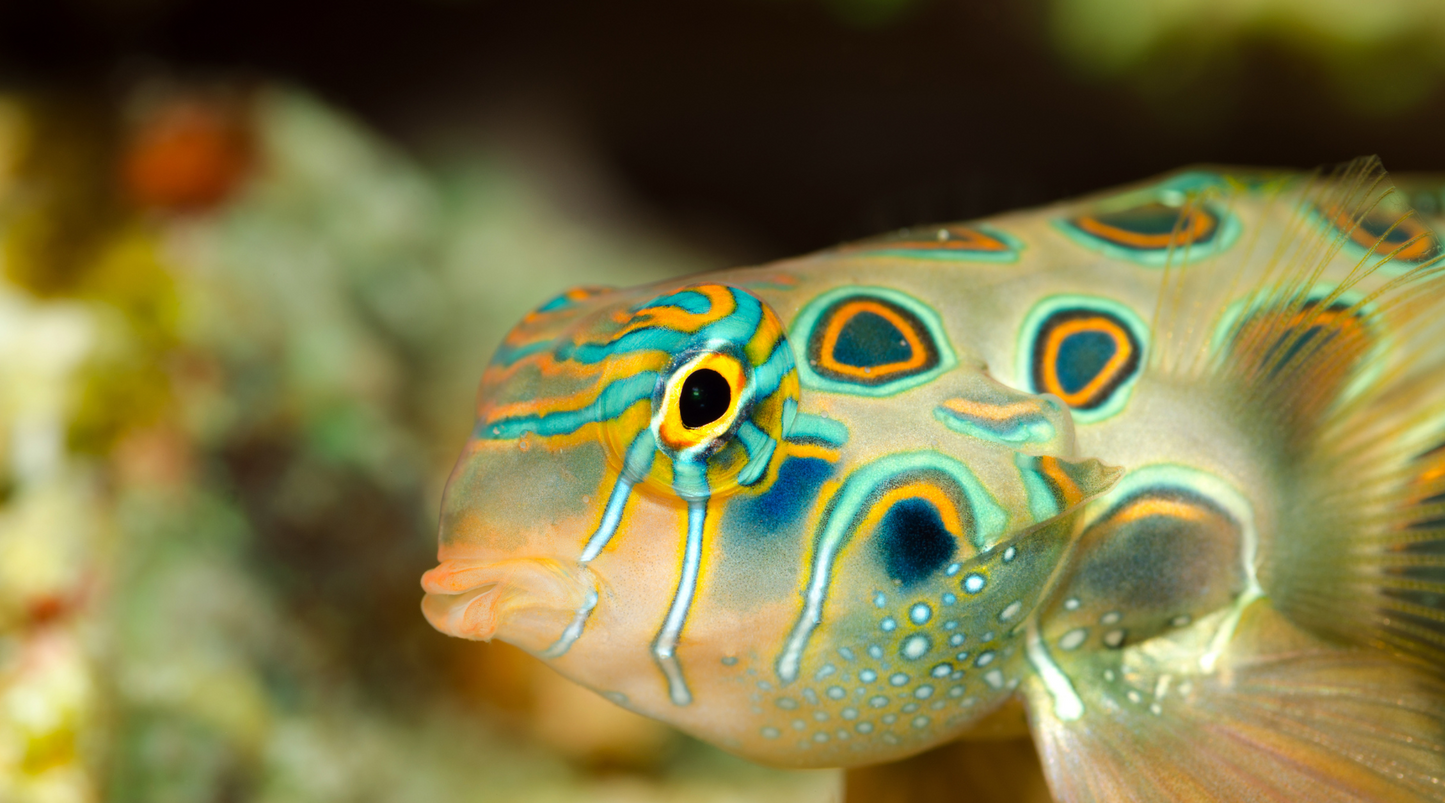BFCM 30% OFF ALL LIVE FEEDS
Every live feed is 30% off—Tisbe, Apocyclops, Rotifers, Phyto, and more. Limited-time BFCM deal!

Copepods are small, planktonic crustaceans that are found in a variety of marine environments, including coral reefs. They are an important source of nutrition for many marine species and are often fed to fish in reef tanks as a supplement to their regular diet.
There are several benefits to feeding live copepods to reef fish in captivity. One of the main benefits is the improved health of the fish. Copepods are a natural and nutritious food source for many species of fish, providing a variety of essential nutrients such as protein, fat, and vitamins. In addition to these nutrients, copepods also contain other beneficial compounds such as carotenoids, which are pigments that can enhance the color of fish.
Feeding live copepods to reef fish in captivity can help to ensure that they are receiving a balanced and varied diet, which can support their overall health and well-being. It is important to carefully monitor the feeding habits of the fish and to ensure that they are receiving a balanced diet, including a variety of different food sources. This can help to prevent nutrient deficiencies and other health problems that can arise from an unbalanced diet.
In addition to the nutritional benefits, feeding live copepods to reef fish in captivity can also provide environmental enrichment. Many species of reef fish are naturally opportunistic feeders.
Once such fish is the Synchiropus splendidus, also known as the Mandarin fish or Mandarin dragonet, is a small, brightly colored fish that is native to the coral reefs of the Pacific and Indian Oceans. These fish are popular among marine aquarists due to their striking appearance and peaceful behavior. However, their unique feeding habits and specific care requirements make them challenging to keep in captivity.
One of the most distinctive characteristics of Mandarin fish is their bright, vibrant coloring, which ranges from shades of blue, green, orange, and purple. These fish are also known for their elongated, fan-like fins and their distinctive, dot-like markings on their bodies.
In the wild, Mandarin fish are found in shallow, coral-rich environments, where they feed on small invertebrates such as copepods and amphipods. These fish have specialized feeding habits and are known to be picky eaters, which can make it challenging to provide an appropriate diet in captivity. It is important to offer a variety of live and non-live quality food sources, including copepods, in order to meet the nutritional needs of Mandarin fish.
In addition to their specific feeding habits, Mandarin fish also have specific care requirements that must be met in order to thrive in captivity. These fish are sensitive to changes in water quality and require consistent water parameters, including a specific range of temperature, pH, and salinity. They also require a high level of oxygenation and a well-established nitrogen cycle in their tank.
Mandarin fish are also known to be sensitive to medications and other chemicals, which can make them challenging to treat if they become sick. It is important to carefully research the care requirements of Mandarin fish before adding them to a tank and to be prepared to provide the appropriate level of care and attention.
Overall, Mandarin fish are beautiful and fascinating creatures that can be a rewarding addition to a marine aquarium. However, their unique feeding habits and specific care requirements make them challenging to keep in captivity and require careful planning and attention. It is important to carefully research the care requirements of these fish and to be prepared to provide the appropriate level of care in order to ensure their health and well-being.